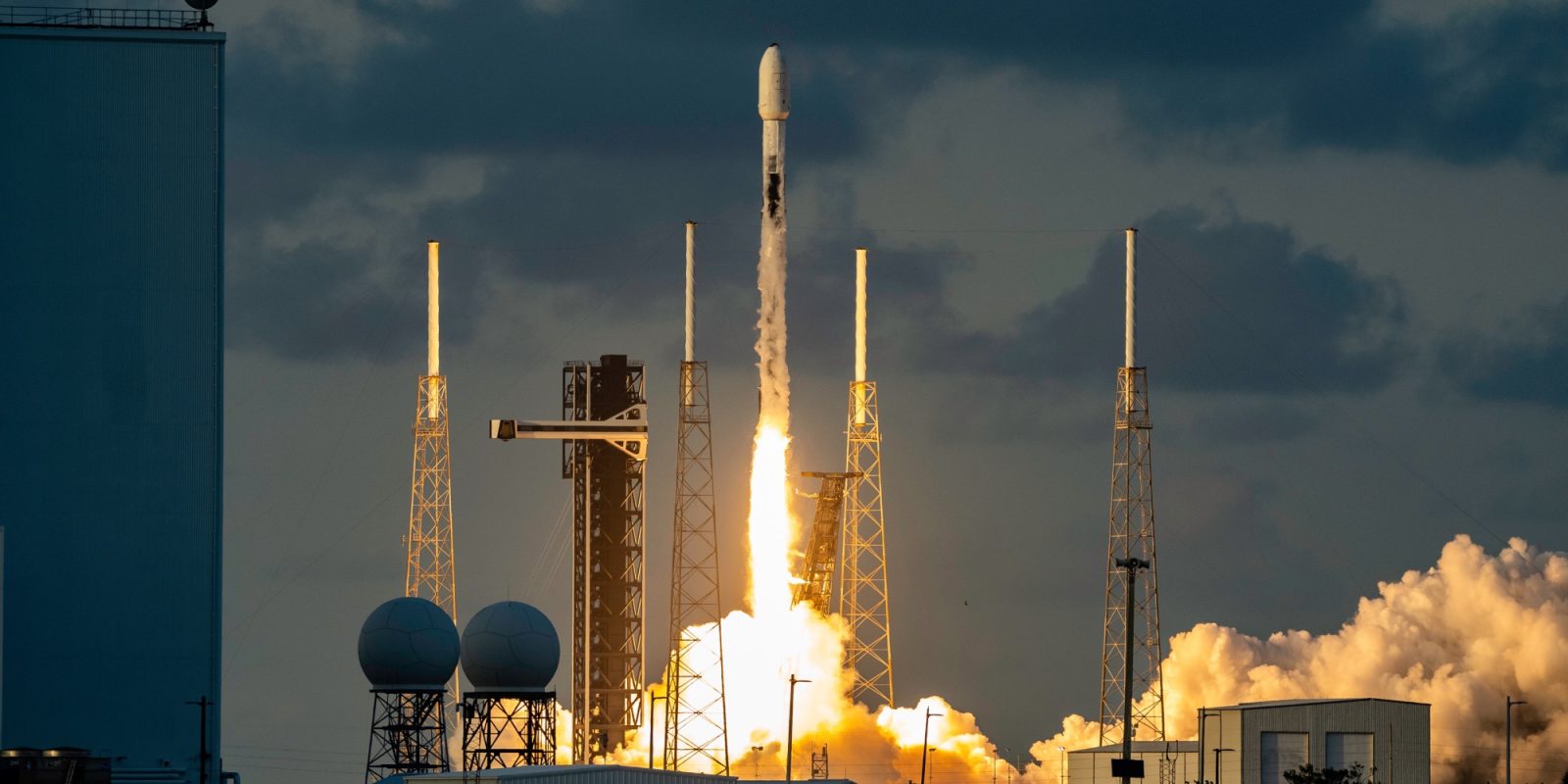
This week the FAA announced new fines against SpaceX for violating its launch license during Falcon 9 and Falcon Heavy launches back in 2023. However, the company states that the FAA was a part of the decision-making for moving forward with one of the violations, and allowed it to continue with its launch.
The clear(ish) violation: PSN Satria
Starting in December 2022, SpaceX was operating under Revision 5.3 for its launch license communication plan. This plan states that SpaceX’s launch control room is inside NASA’s Launch Control Center building, officially referred to by the FAA as building K6-0900. SpaceX’s plan also includes a T-2 hour launch readiness poll.
SpaceX submitted Revision 5.4 to the FAA on May 2, 2023, that would move its launch control room to its Hangar X facility and remove the T-2 hour poll. It hoped to have approval before the launch of PSN Satria on June 18, from SLC-40. On June 15, the FAA said it would not have time to approve the new plan, and then the next day told SpaceX it would not make a modification to its current license in time for the launch.
In a letter to the chairman and ranking members of the House and Senate committees that oversee the FAA, it believes that the FAA had plenty of time to approve the “minor” revision. It further claims that nowhere in the FAA regulations that it was required to conduct a T-2 hour poll.
In what sounds like a “but no one got hurt” argument, SpaceX seems to have admitted to violating its own license, but believes since it did not affect public safety and the FAA was in the loop the entire time, it was fine. The FAA says the violation is… well, a violation, and has charged SpaceX a fine of $350,000 for these two instances.
The muddier violation: Jupiter-3
On July 29, 2023, SpaceX launched the Jupiter-3 payload on a Falcon Heavy rocket from LC-39A. This launch used a brand new RP-1, the primary fuel for SpaceX’s Falcon rockets, propellant farm. The new farm improved public safety and reduced hazard mitigations. It was located about 900 feet away from the previous farm’s location.
The farm was approved by range officials, and SpaceX gained a waiver to use it for the then-upcoming Crew-7 mission, which successfully launched on August 26.
However, that waiver was only for Crew-7’s launch, and it was not approved for any other mission by SpaceX. SpaceX posed the question in its letter about whether or not the FAA should even have control over elements like this. It was approved by the range (another federal agency), so why does the FAA need to approve it too?
Either way, it was in violation of SpaceX’s license, and the FAA fined the company the maximum amount of $283,009.
In SpaceX’s letter, it makes claims that could justify SpaceX’s belief it had permission to use the farm. As with all commercial launches from the US, the FAA is a part of the launch process. SpaceX claims the FAA member on console did not halt the launch operation. According to SpaceX, the FAA delivered a letter to the company during launch operations about the farm, although they did not go into detail as to what it was about.
Furthermore, SpaceX claims it was on a call with FAA leadership during Jupiter-3’s countdown to discuss the unapproved RP-1 farm and that sending a letter so close to launch was “unsafe.” SpaceX’s letter reads, “The FAA leadership on the call agreed with this assessment and did not direct SpaceX to stand down or pull its license.”
The FAA did not include this call in the series of events in its enforcement letter. The new farm was approved by the FAA several months later, according to SpaceX.
Valid concerns or just hatred for regulations?
Elon Musk has never hidden his hatred for regulations, and in recent years has openly broken them across all his companies. Musk believes that the FAA’s current control over the space industry will stop innovation and squash his dreams of landing humans on Mars.
SpaceX has also received fines for wastewater dumping at Starbase, a charge it also disagrees with. It’s likely that SpaceX would love fewer regulations from the FAA; it’s true that more regulations mean slower growth in that sector. However, it’s also true that the FAA’s Office of Commercial Space Transportation, which oversees licenses, is understaffed. Congress is the only one that can solve that problem.
FTC: We use income earning auto affiliate links. More.




Comments